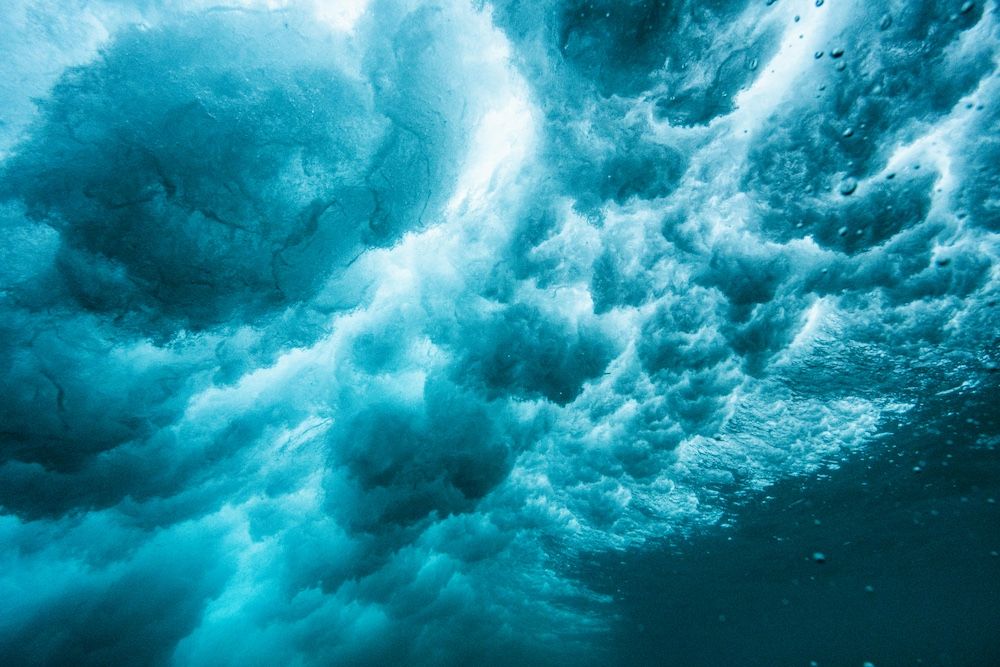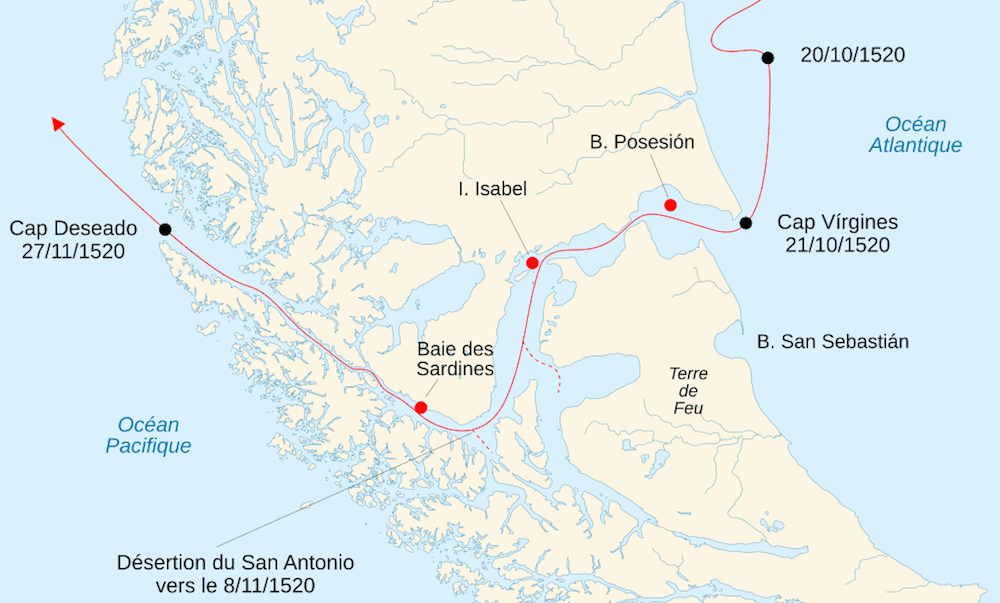Ocean currents are continuous flows of water within the Earth’s oceans, acting like the "bloodline" that circulates around the planet, connecting different seas and regulating the Earth’s climate system and environmental balance. Whether it's the warm surface currents or the cold deep-water currents, ocean currents play an extremely important role in the global climate, ecosystems, and even human activities. Covering about 71% of the Earth's surface, the oceans are vast, and ocean currents, as the flowing form of seawater, link the world's different seas, impacting climate, marine life, and even human life and economic activities.
Ocean currents can be simply understood as large-scale "movements" of seawater. These water flows are formed by a combination of several factors, the most important of which include wind, the Earth’s rotation (Coriolis effect), and differences in temperature and salinity of seawater. Wind plays a significant role in driving surface ocean currents, pushing water across the ocean's surface and creating large-scale current systems. Meanwhile, the Coriolis effect caused by Earth's rotation causes water currents to be deflected in different directions in different hemispheres, forming large rotating currents, such as the tropical equatorial currents and the gyres in the North Atlantic. The movement of ocean currents is closely linked to variations in water temperature, salinity, and density.
Ocean currents have a crucial impact on the global climate. Ocean currents help transport heat from tropical regions to higher latitudes, and vice versa, bringing cold water from polar regions back toward the equator, maintaining Earth's thermal balance. For example, the Gulf Stream, also known as the North Atlantic Current, carries warm water from the equator to northern Europe, significantly moderating the climate in this region. Without these ocean currents, the Earth’s climate would be much more extreme, with some areas becoming unbearably cold or excessively hot.
In addition to their effect on climate, ocean currents are vital for the health of marine ecosystems. Most marine organisms, especially plankton and fish, rely on ocean currents to transport nutrients. Deepwater currents bring nutrients from the ocean depths to the surface, stimulating the growth of phytoplankton, which forms the foundation of the entire marine food chain. Moreover, ocean currents determine the distribution and migration of marine species. For instance, certain fish and marine mammals follow ocean currents to migrate from warmer seas to colder regions in search of food. Changes in ocean currents, especially due to climate change, can have serious impacts on these ecosystems.
Ocean currents also influence global weather patterns. By regulating the temperature and salinity of seawater, ocean currents affect air pressure systems, which in turn modify wind speeds and precipitation patterns. This influence can even cause extreme weather events, such as El Niño and La Niña phenomena. El Niño is a global climate event that alters the temperature of surface waters in the Pacific Ocean, impacting weather patterns worldwide and causing climate anomalies, such as droughts, floods, and hurricanes. La Niña is the opposite of El Niño, typically leading to cooler global temperatures and increased rainfall. These phenomena are closely linked to changes in ocean currents, demonstrating the crucial role of ocean currents in climate regulation.
With the intensification of global warming and climate change, ocean current systems are also undergoing changes. The melting of ice caps in polar regions is causing changes in the temperature and salinity of seawater, which may affect the flow of deep ocean currents. The thermohaline circulation (a deep ocean current driven by temperature and salinity differences) is a key component of the global ocean circulation, and changes to it could have far-reaching impacts on the Earth's climate. For example, the melting of ice in the Arctic could weaken the Gulf Stream, which would affect the climate of Europe and North America. Additionally, the warming of sea waters may alter the pathways of certain ocean currents, leading to changes in established weather patterns and extreme climate events.
Human activities also influence the movement of ocean currents. For example, the excessive emission of greenhouse gases causes global warming, further changing the temperature and flow speed of ocean currents. Marine pollution, especially the accumulation of plastic waste, can also disrupt the normal flow of ocean currents, altering the structure of marine ecosystems. With the growth of the global economy and international trade, ocean currents are also becoming increasingly important in maritime transportation, as many shipping routes rely on ocean currents to improve transport efficiency.
Ocean currents are a vital part of the Earth's ecosystem. They not only regulate the global climate but also maintain marine life and significantly influence weather patterns and climate conditions. As climate change accelerates, the changes occurring in ocean current systems will have widespread impacts on both human society and the natural environment. Therefore, studying ocean currents and understanding their mechanisms has become an important area of research in climate science and oceanography.





